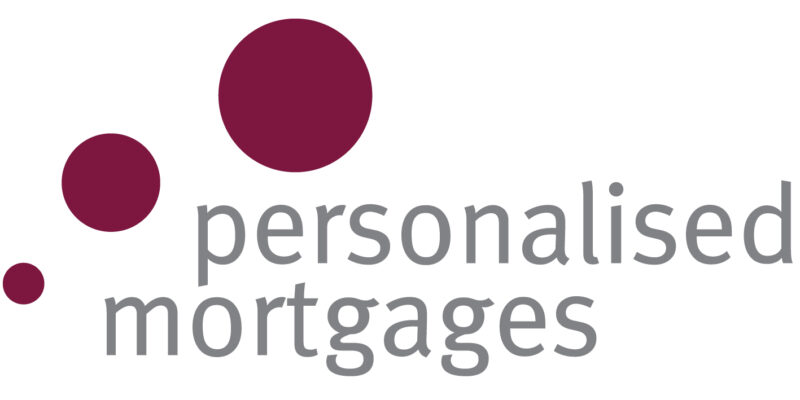Okay, you’ve tracked your spending, made savings, and cut corners where you can – even gone without coffee! In the end you’ve compiled quite a nice deposit. It’s a long shot, but you think you’re getting close enough that maybe, just maybe you have enough to become a first-time property owner.
You fill in all the paperwork, provide all the evidence required and excitedly start visiting open homes. You receive that phone call but it’s not what you expect… the bank said no.
You might be feeling down about it and that you have to go back to the drawing board and keep going. Maybe even spend a little of that hard-saved deposit to make yourself feel better and then get back to it. Well, I’m pleased to say that you are wrong and that there are options. Don’t splurge just yet.
Reasons why
There are many reasons why you could be told no, here are some of them:
- Poor credit history
- Complex income sources
- Self employed, Not enough proven history
- Low deposit
Surprisingly, it’s not usually about the deposit. Even more surprisingly, more than 40% of people turned down by a bank don’t take it any further. Take the lesson where you can – the why and how to fix it, because it often doesn’t mean “no”, it just means “not yet”.
Square peg, round hole
Banks aren’t set up to handle every type of mortgage. They have their set requirements and if you don’t fit within their criteria, it’ll be a no. It’s like trying to fit a square peg into a round hole – plenty of peg, not the right hole. There’s a huge market of lenders who have different criteria to suit those who don’t quite fit the bank mold.
Non-bank lenders offer similar terms to banks, but the difference is their flexibility. They think creatively, take more risks, and consider your situation independently. It’s a small portion of the home loan business, and it’s worth treading carefully when approaching this solution.
Non-bank lenders
Also referred to as bank alternatives or second tier lenders, they are involved in the business of providing finance but may not be a registered bank. There can be hidden fees, no discount for paying early and other risks which are all worth talking about before you go ahead.
It’s a short-term plan
Using a non-bank finance alternative is a short-term plan. You are likely to get the finance at a higher cost, do that for a couple of years and then go back to a bank for more favourable terms. Because during this time frame you are ‘fixing’ the no that the bank gave you and turning it into a ‘yes’.
If you’ve secured a home using non-bank lending, you could be tens, if not hundreds of thousands of dollars better off than someone who stopped trying after a ‘bank no’. You might be paying $20 in interest for every $16 a bank-borrower pays, but it’s only temporary until you can be refinanced by a bank.
If you, or someone you know, has been told “no” by a bank, I’d love to have a chat with them about the reason why, and how we can get them onto the property ladder another way.

